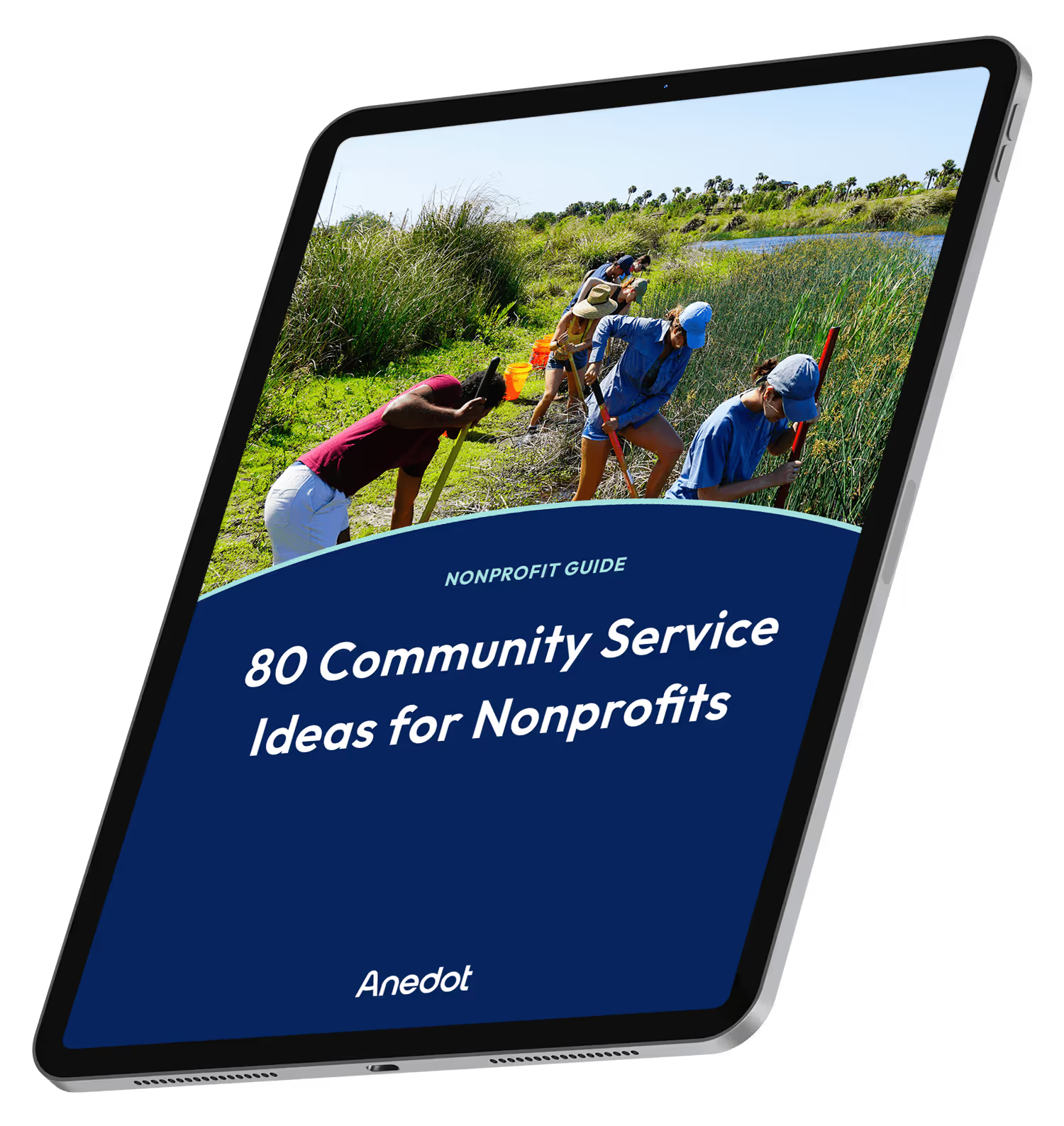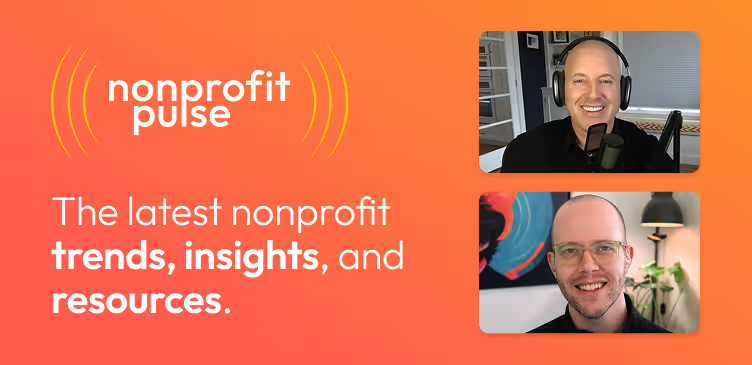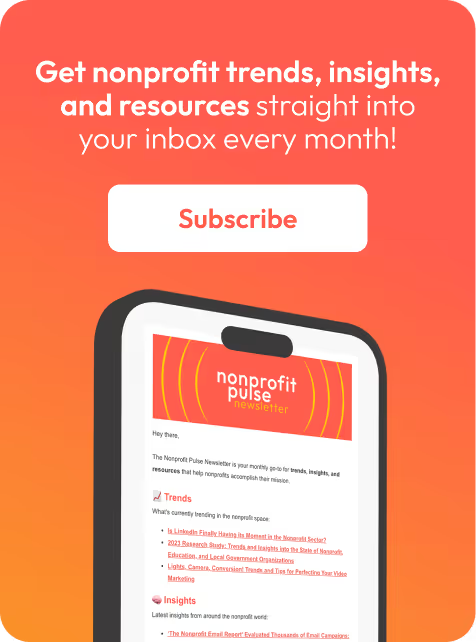With the rise of online giving, charity scams and donation scams have become more prevalent.
There is a lot of advice online about how donors can avoid working with fraudulent organizations.
But, as an organization, you should also be asking yourself, "how do I avoid fraudulent donors?"
Unfortunately, fraudsters can use nonprofits, churches, and educational institutions to test credit cards. Even worse, some scam artists find ways to steal money from organizations.
So, how can one tell the difference between legitimate donations and donation scams?
In this post, we will go over four types of donation scams and provide some tips on how you can avoid them!
Donation refund scams

The "fake-check overpayment" is the most likely scam to impact an organization.
Donation refund scams involve:
- An individual sending charities a communication expressing interest
- Sending a 5 or 6-figure donation via overnight mail using a fake check
- Informing the organization a mistake has been made and asking for a partial refund
- Scam artist collecting the partial refund while the original check bounces
The Better Business Bureau and Attorney General in Oregon have both warned against this scam in the past.
This scam can also occur with credit card donations. A donor can process a donation, file a chargeback, and then request a refund.
If an organization isn't careful, the fraudulent donor could collect the chargeback and the refund request.
It's important to always ask in writing if a donor has requested a chargeback before filing a refund.
If they have filed a chargeback, you need to let the chargeback process run its course and not refund the donation.
International donation scams

The most challenging donation scams to recover funds from are those conducted outside the United States, where the U.S. government has no jurisdiction.
Unfortunately, it is common to see fraudulent activity from some countries compared to others.
There are a few ways to combat this issue.
First, you can choose not to accept international donations on your main donation page.
If you know that you only have a small handful of international contributions, then you can direct those individuals to a different page. This may make it easier to police potential fraudulent activity.
If you are an organization that needs to accept international donations on all pages, you have options too.
Unless a bad actor utilizes a VPN, their IP address will connect to a specific location. That IP address can be blocked.
Many payment processors like Anedot will help protect customers against this type of potential fraud.
Credit card testing scams

Credit card testing is an old tactic scam artists use to test stolen credit cards.
Typically, this individual will test multiple cards more than once.
When this happens, your payment processor should notice these repeated declines from an IP address or credit card. And as a response, they will be marked as fraudulent donation attempts.
At Anedot, we have security measures in place to ensure we catch these repeat declines and shut them down.
Fake check scams

Traditionally, many donors have given to organizations by check.
Over time that has changed, but major gifts are still given by check most often.
As a result, it's essential to continue to accept checks. But, they do produce a greater risk than payment methods like credit cards and PayPal.
With a check, or ACH transaction (e-check), there is no guarantee that the money is in the bank account to cover that donation amount.
For example, a donor could give $10,000 today. Most donation platforms will show the money credited to your account, but that donation could bounce back a week later, resulting in fees.
So even if you require a donor to log in to their bank account before giving a donation, it's still possible that the check could bounce.
Most of the time, this will not present a significant inconvenience. However, bounced checks are a risk immediately prior to events where someone needs to pay to get in the door.
These bounced checks could cost your organization money if you're awarding a perceived prominent donor a premier table at a fundraising gala and their donation isn't actually received.
Fake check scams and wire fraud are federal crimes that you can report to the authorities.
You can protect yourself from this scam by requiring sponsorship donations to be given at least one week before an event, and requiring specific donors to give by credit card.
Also, credit cards provide a layer of protection. Credit card associations, like American Express, make sure the card is genuine and there's enough credit limit to proceed with the donation.
Closing thoughts

It can be very frustrating to deal with fraudulent activity and donation scams, but hopefully these tips will help you protect your organization.
At Anedot, we take privacy and security very seriously. Learn more about our commitment to privacy and how we keep data safe and secure.

80 Community Service Ideas for Nonprofits


























